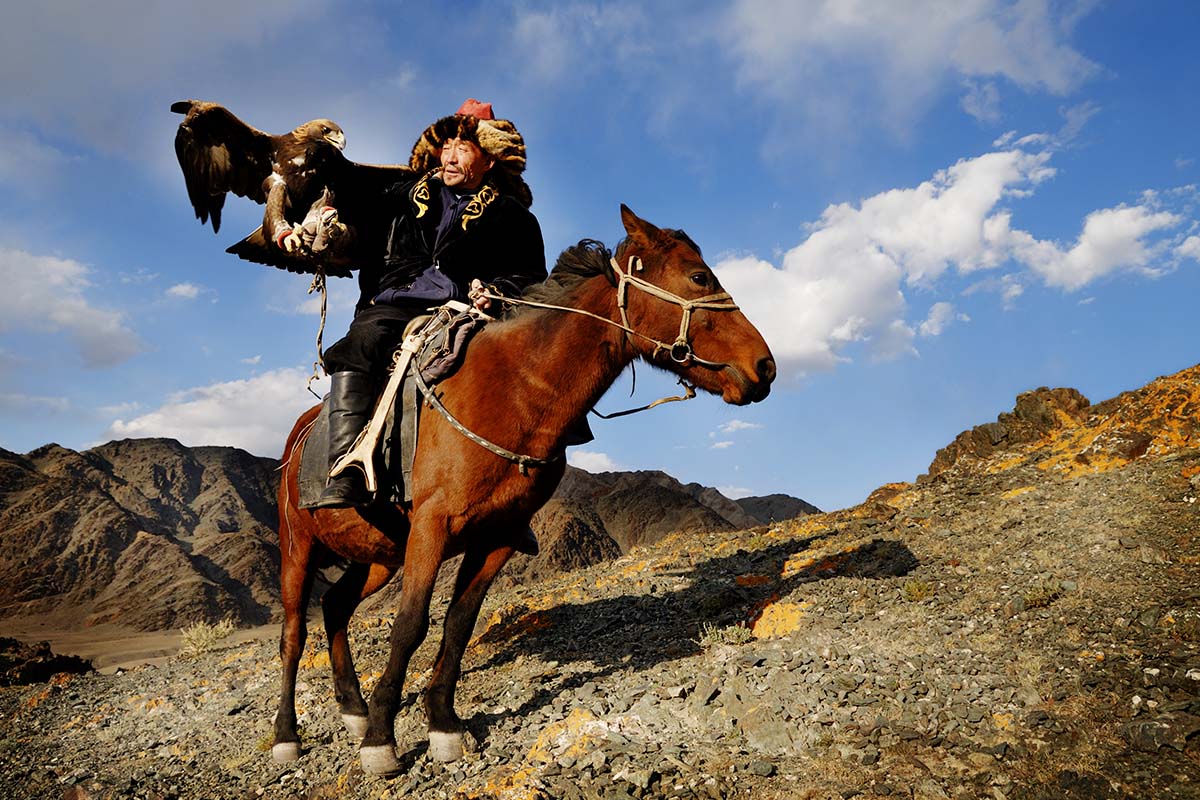Degree Type: Associate of Arts Degree, AA
Pathway: Arts, Humanities and Social Sciences
Anthropology at PPSC gives you a global, comparative, and historical approach to human studies. This foundation can help you prepare for careers like teaching, research, management, government, and consulting. Knowing a lot about human behavior has many uses. In any job, it's important to understand human behavior in a cultural context. Anthropology at PPSC provides that understanding.

The Associate of Arts Degrees are designed for students who want a traditional liberal arts education and who intend to transfer to a four-year college or university. They provide a basis of study in the areas of arts and humanities, communication, or social sciences.
The Degree with Designation is designed for transfer to another college or university as a step toward a bachelor’s degree. For more information on transferring after PPSC, visit our transfer webpage or meet with your advisor.


Voices of PPSC
PPSC highly prepared me for a four-year school, better than I could have imagined.
Holly Eickstedt
PPSC Graduate | UCCS Transfer Student
Do you enjoy exploring how society and culture shape our lives? At PPSC, you’ll gain valuable knowledge in understanding society’s structure and dynamics, preparing you to transfer and complete your bachelor’s degree. This strong foundation opens doors to diverse careers in public, private, government, and non-profit sectors.
Explore SociologyInterested in how the human mind works? Launch your career as a mental health counselor or gain insights that apply to many fields, such as education, business, healthcare, and social services, with our Psychology program.
Explore Psychology